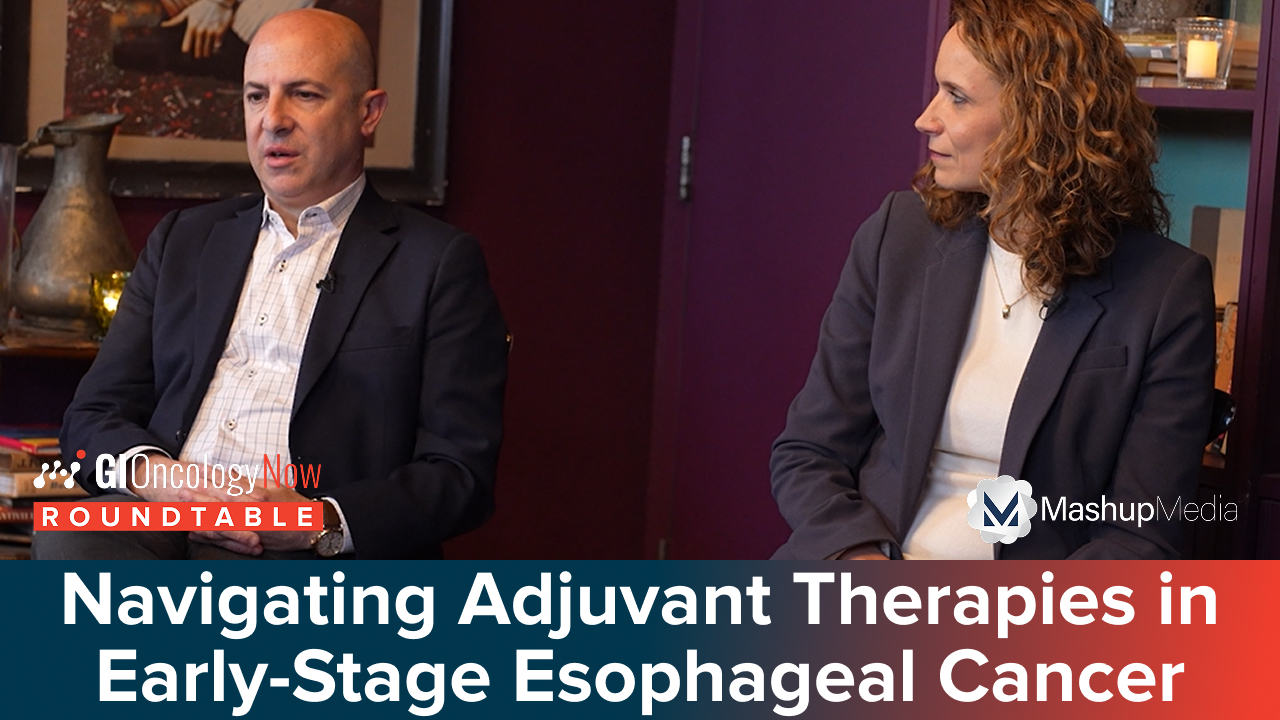
A group of researchers from Germany designed a phase 2 randomized trial to compare drug-eluting beads transarterial chemoembolization (DEB-TACE) with irinotecan and mitomycin C (Arm A) versus DEB-TACE with doxorubicin (Arm B) for patients with intermediate-stage hepatocellular carcinoma (HCC).
The results of the analysis are presented at the European Society for Medical Oncology Congress 2024.
TACE is considered the standard of care for patients with intermediate-stage HCC, but the choice of chemotherapeutic agents is not standardized. Preclinical and early clinical data suggest that the irinotecan and mitomycin C with embolization is worth investigating in this patient population.
Dr. Oliver Waidmann and colleagues designed a multicenter analysis, including Barcelona Clinic Liver Cancer (BCLC B) stage patients with HCC. Twenty patients from three centers from June 2020 to August 2022 were randomized (1:1) to arms A or B.
Researchers assessed for progression-free survival (PFS) according to modified RECIST criteria. Secondary endpoints included overall survival (OS), response rate, safety, and quality of life.
Researchers noted that the trial was prematurely stopped due to insufficient accrual.
Among the 17 evaluable patients, the median PFS was 9.2 months in arm A and 21.1 months in arm B (P=.63). The 24-month OS was 67% and 57% in arm A and B, respectively (P=.59).
Dr. Waidmann and colleagues noted that 44% and 63% of patients demonstrated a response to treatment, respectively. All-grade and grade 3 or higher toxicities were reported in 93% and 17% of patients in arm A, respectively, and in 79% and 43% of patients in arm B, respectively.
“DEB-TACE with irinotecan and mitomycin C failed to show superior PFS compared with doxorubicin-based DEB-TACE,” the researchers concluded, adding that PFS and OS rates were higher than estimated. “Still no evidence-based standard of care chemotherapeutic agent could be defined for TACE.”







 © 2025 Mashup Media, LLC, a Formedics Property. All Rights Reserved.
© 2025 Mashup Media, LLC, a Formedics Property. All Rights Reserved.